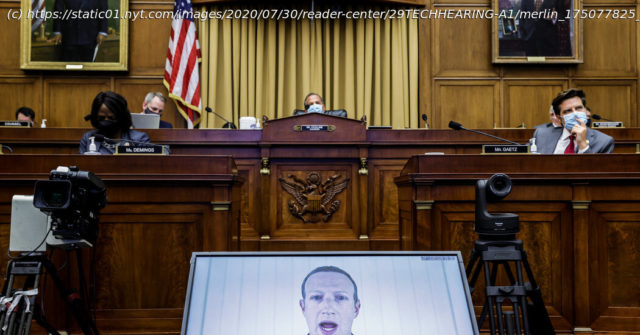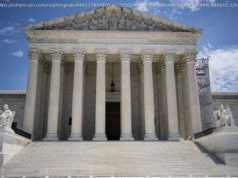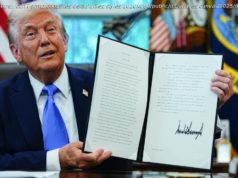The chiefs of Amazon, Apple, Google and Facebook faced withering questions from Democrats about anti-competitive practices and from Republicans about anti-conservative bias.
The chief executives of Amazon, Apple, Google and Facebook, four tech giants worth nearly $5 trillion combined, faced withering questions from Republican and Democratic lawmakers alike on Wednesday for the tactics and market dominance that had made their enterprises successful. For more than five hours, the 15 members of an antitrust panel in the House lobbed questions and repeatedly interrupted and talked over Jeff Bezos of Amazon, Tim Cook of Apple, Mark Zuckerberg of Facebook and Sundar Pichai of Google. It was the first congressional hearing for some time where Democrats and Republicans acted as if they had a common foe, though for different reasons. Democratic lawmakers criticized the tech companies for buying start-ups to stifle them and for unfairly using their data hoards to clone and kill off competitors, while Republicans questioned whether the platforms had muzzled conservative viewpoints and were unpatriotic. “As gatekeepers to the digital economy, these platforms enjoy the power to pick winners and losers, shake down small businesses and enrich themselves while choking off competitors,” said Representative David Cicilline, Democrat of Rhode Island and chairman of the House Judiciary Committee’s antitrust subcommittee. “Our founders would not bow before a king. Nor should we bow before the emperors of the online economy.” In response, Mr. Pichai, Mr. Zuckerberg, Mr. Cook and Mr. Bezos, who testified via videoconference because of the coronavirus pandemic, were forced to strike a more humble chord. They presented themselves as participants in enormously competitive and fast-changing digital marketplaces, and they evaded questions about the decisions that turned their companies into giants. “We approach this process with respect and humility, but we make no concession on the facts,” said Mr. Cook at the outset of his testimony. Not since Microsoft stood trial in the late 1990s for antitrust charges have tech chief executives been under such a microscope for the power of their businesses. With echoes of the trustbusting of U. S. Steel and Standard Oil more than a century ago and AT&T in 1984, the hearing underlined the government’s recognition that this cohort of tech companies — which wield immense control over commerce, communications and public discourse — had become the new trusts of the internet age. President Trump also used the event to rail against tech power. In a post on Twitter before the hearing began, he said that he would issue executive orders to rein in the companies if Congress did not. From its conception, the House antitrust hearing was set to be a spectacle, lining up four of the world’s most powerful executives — with two of them among the planet’s richest individuals — to answer largely hostile questions together. While the joint appearance limited sustained questioning of any one executive, it created a side-by-side image that recalled the 1994 congressional hearing of top American tobacco executives, who said they did not believe that cigarettes were addictive.






